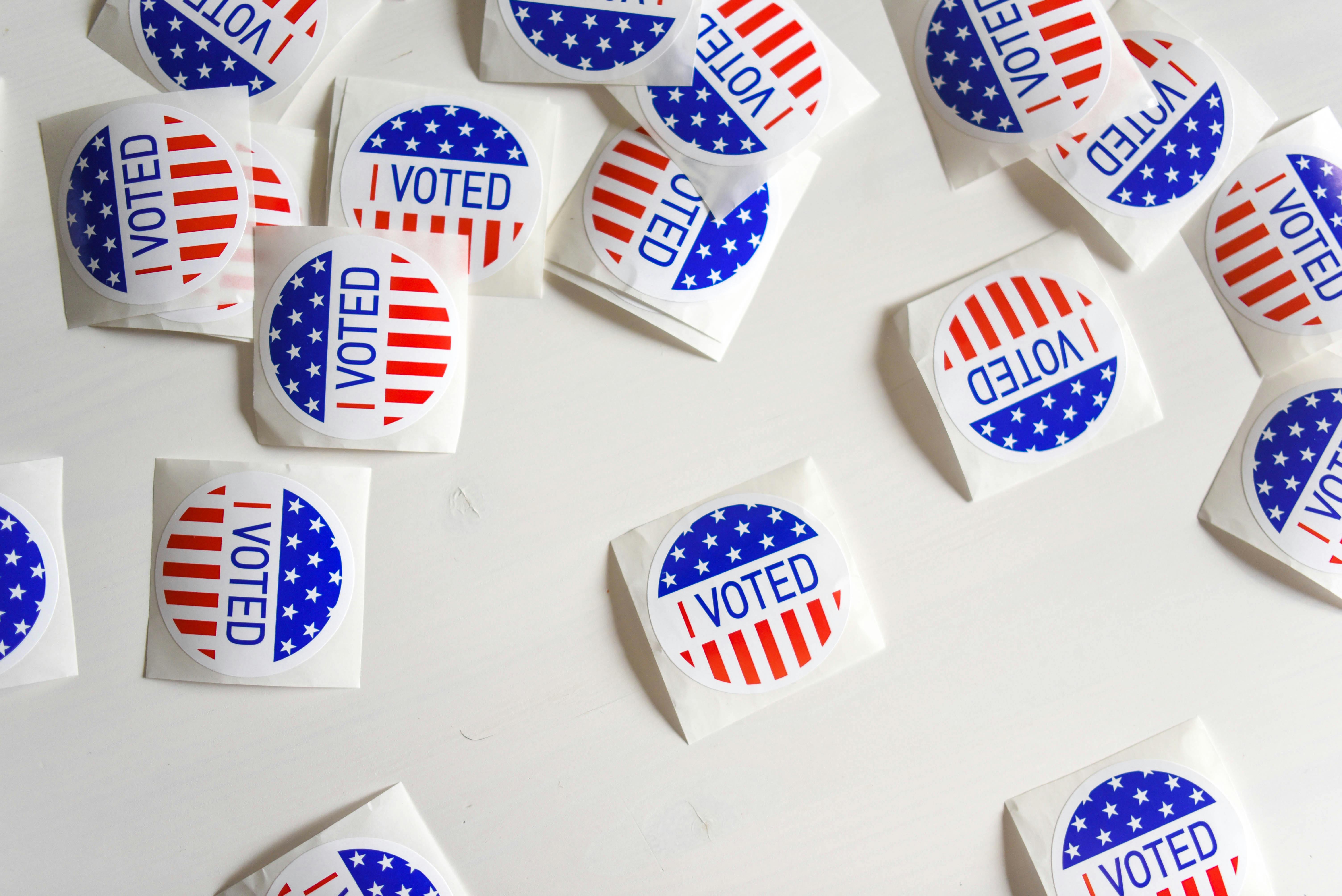The presidential election is over – now what?

By Leah Persky, PhD & CFLE • Parent Coach and Manager of Professional and Community Education
The election is finally over and no matter how you feel about the results, there is no doubt it is a time full of intense emotions. How can we process the results of the election and move forward when so many of us have such strong feelings and many feel alienated? Some are fearful of what the next four years will bring while others are celebrating and sighing with relief. Although the election passed in a peaceful and fair manner, the polarization, fear, lack of trust, and disunity is palpable. There is no shortage of advice on moving forward in this environment and there are no easy answers.
What I have been thinking about is how can we talk with our children about this? How can we make sense of this election cycle? The intensity, name calling, division, false information, and hate speech that was part of this election cycle makes it difficult to build trust and unity while moving forward. I keep thinking about how this will impact our kids and the political climate for their future. After thinking a lot about this, I have listed some helpful resources below on how to heal after the election:

First check in with yourself. We know that the past months or longer have been intense and so many people are experiencing election-related chronic stress and anxiety. You are not alone if you have or continue to feel this way. If you are feeling dysregulated, having intense emotions that you are having a hard time processing, or unable to calmly discuss the election, be sure you reach out for support to a therapist, support network, or close friends and family.
Our kids are often aware of how we are doing without us having to tell them, so be sure you are feeling calm and open when you bring up the topic to your kids and/or family. It may take some time, and that is okay. Caring for yourself is the most important first step here.
Ask your child what they think of the election process and the outcomes. What have they heard at school? How do they feel about the results? Determine what they know and what questions they have. Opening the door for honest discussions can help to increase understanding of the world and compassion for others. This is also a good time to say it is normal to have big feelings about this and that you do too. Normalizing the discussion around emotions is a positive way to model that emotions are healthy, and it is important to talk about them, no matter if they are positive or negative.
It is also a good time to explore any violent language that your child may be hearing or using themselves. Modeling how we handle intense emotions, whether positive or negative, is crucial for our kids to see. We can demonstrate to them that it is not acceptable to use violence in a democracy and confirm that we will have more chances to vote soon. The hallmark of a democracy is that there is a peaceful transition of power from one party to another and citizens will accept this because they know that they will get another chance to vote in a free and fair election soon.
These can be short discussions in the car or at home around the dinner table. Sometimes the questions will come when you least expect it! And remember, you don’t have to be an expert on politics to have meaningful discussions with your kids.
Depending on the age of your child, do some research together on what democracy is and how it works. Looking at different types of democracies around the world can be eye-opening, as many kids think that the whole world is filled with democracies that look just like ours. Part of this research can include a discussion about what democracy is not. Many kids are rule and justice oriented – having discussions about what democracy is and is not can be interesting to them. Talking about what it would be like to live in a non-democratic system can be a powerful experience. Many kids don’t even know that these exist. Education is a powerful tool and helps to empower our children as future citizens and voters. Here are two resources to get started: 10 Ways to Teach Kids about Democracy, Citizenship, and Voting and Teaching Democracy: Election Resources for Every Grade | Common Sense Education
Reach across the aisle. I know this is a hard one and I know many people who have said they can no longer talk to family members who support the other candidate. This intensity to the political landscape is new and not healthy for anyone. I am not saying that reaching across the aisle is for the purpose of finding agreement; rather to better understand how people are feeling and what they care about. Maybe there is some common ground we can find. This is HARD, but also crucial because without trust, our democratic system cannot be successful.
Get involved with causes you care about as a family. Taking action by being with others who care about the same things and understanding that we can each make a positive impact is a powerful reminder we can each make a difference in our communities. JFCS has some wonderful volunteer opportunities. Here is an upcoming event to support PRISM: Volunteers in Action: PRISM – Holiday Toy Shoppe – Jewish Family and Children’s Service of Minneapolis
No matter your political persuasion, I hope these tips are useful as we move forward after the election. Strong emotions, especially anger, may make us want to turn away from our political system. While that may be our first response, after taking time to heal, hopefully we can re-engage and move forward with more hope and unity. Apathy, failure to vote, and lack of trust will only make the quality of our democracy further decline. If you are interested in learning more about the quality of our democracy, check out the following research: https://freedomhouse.org/issues/democracies-decline
Please reach out to me at lpersky@jfcsmpls.org if you would like to further discuss your post-election healing plan or for support on talking with your children about the election.
Resources for moving on after the election:
- https://www.cnn.com/2024/11/06/health/election-day-stress-wellness/index.html
- https://time.com/7172645/what-to-do-candidate-loses-presidential-election
- https://www.cbsnews.com/news/post-election-emotions-expert-tips-resources-mental-health
- https://www.scientificamerican.com/article/election-grief-is-real-heres-how-to-cope
- https://time.com/5937398/how-to-talk-to-family-members-about-politics
